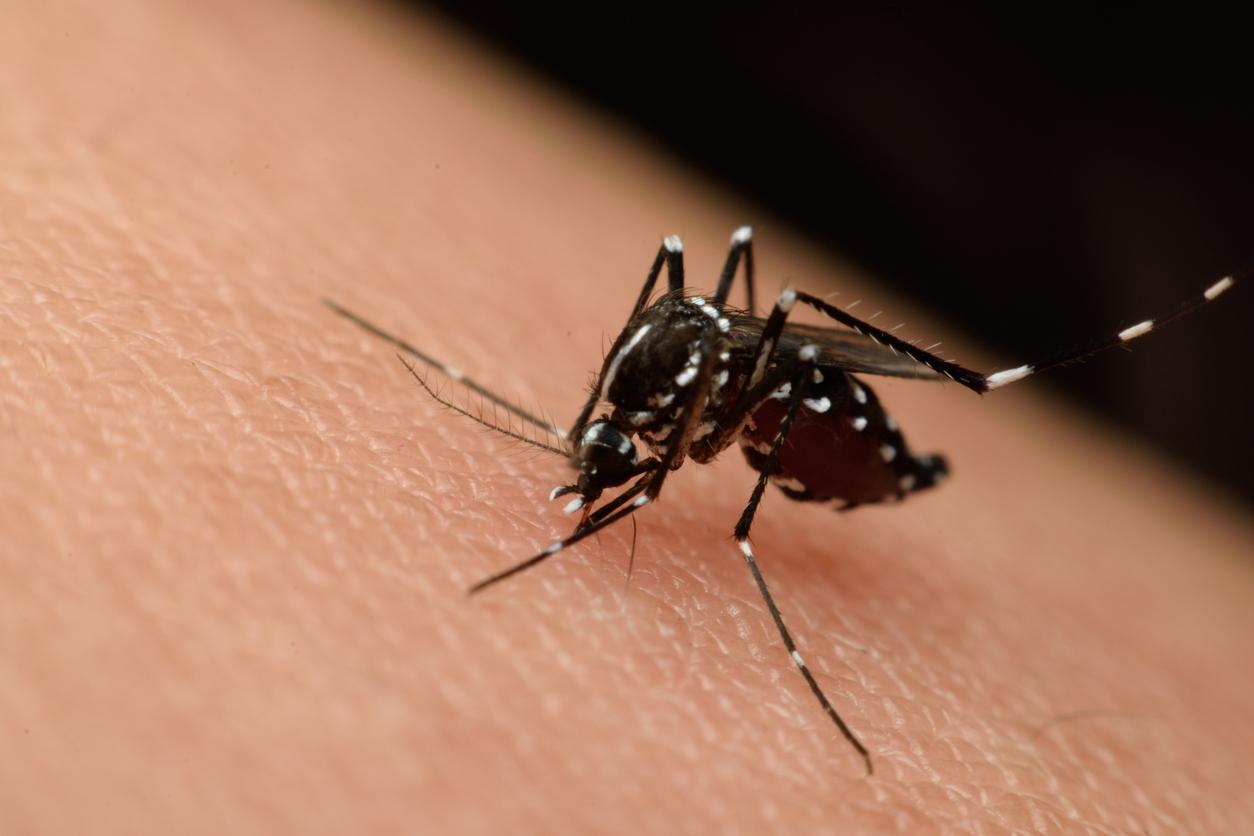A candidate Zika virus vaccine supported by the US Department of Health and Human Services' Biomedical Advanced Research and Development Authority (BARDA) has entered a phase 1 trial, the Assistant Secretary for Preparedness and Response (ASPR) said yesterday in a statement, while Angola has reported Zika cases.
The vaccine, developed by Moderna Therapeutics, based on Cambridge, Mass., uses novel messenger RNA (mRNA) technology. ASPR said the trial is designed to test safety as well as the immunogenicity of different vaccine doses.
A $54.2 million grant in 2016 from BARDA has supported the development of the vaccine through the scale-up for larger phase 2/3 efficacy trials. Based on the vaccine's performance and available of more funding, BARDA may provide up to $125.5 million to further advance the development of Moderna's vaccine.
BARDA said mRNA is a platform technology that could provide flexible and rapid response to known and emerging health threats. The agency added that, to improve the chance of having a Zika vaccine available, the US government is supporting mRNA and other vaccine candidates, including DNA-based, inactivated whole-virus, and live-attenuated chimeric approaches.
The goal is to have a vaccine by 2018 to protect at-risk populations, with a vaccine available for broad use in 2010.
Angola cases, CDC fact sheets
In other developments, Angola has reported its first two Zika cases, one involving a French tourist who has now left the country and the other in a hospitalized patient in Luanda, the country's capital, Agence France-Presse (AFP) reported today, citing an Angolan public health official.
The report didn't say if the illnesses involved the African or Asian strain. The African strain has been in the region for several decades, but in May 2016, genetic sequencing found that the virus linked to an outbreak in Cape Verde was the Asian Zika strain, the first known detection of that subtype in the African region. It's not known if exposure to the African strain affords protection against the quickly expanding Asian strain that is affecting countries in the Americas.
Also, the US Centers for Disease Control and Prevention (CDC) today released three fact sheets on Zika testing for pregnant women: one for those with possible past exposure (2 to 12 weeks), one on very recent exposure (within the past 2 weeks), and one for women living in Zika-affected areas. The fact sheets explain the testing steps, including the fact that up to three different tests may be needed to show if a woman was recently infected by Zika virus.
In late December the US Food and Drug Administration warned health providers and pregnant women that a commercial testing facility had reported some false-positives with the ZIKA Detect IgM Capture ELISA test, noting that it wasn't sure if the problems were related to the test or the testing facility.
See also:
Jan 9 BARDA press release
Jan 9 AFP story
Jan 10 CDC fact sheet on Zika testing for past exposure
Jan 10 CDC fact sheet on Zika testing for very recent exposure
Jan 10 CDC fact sheet on Zika testing for women in affected areas




















